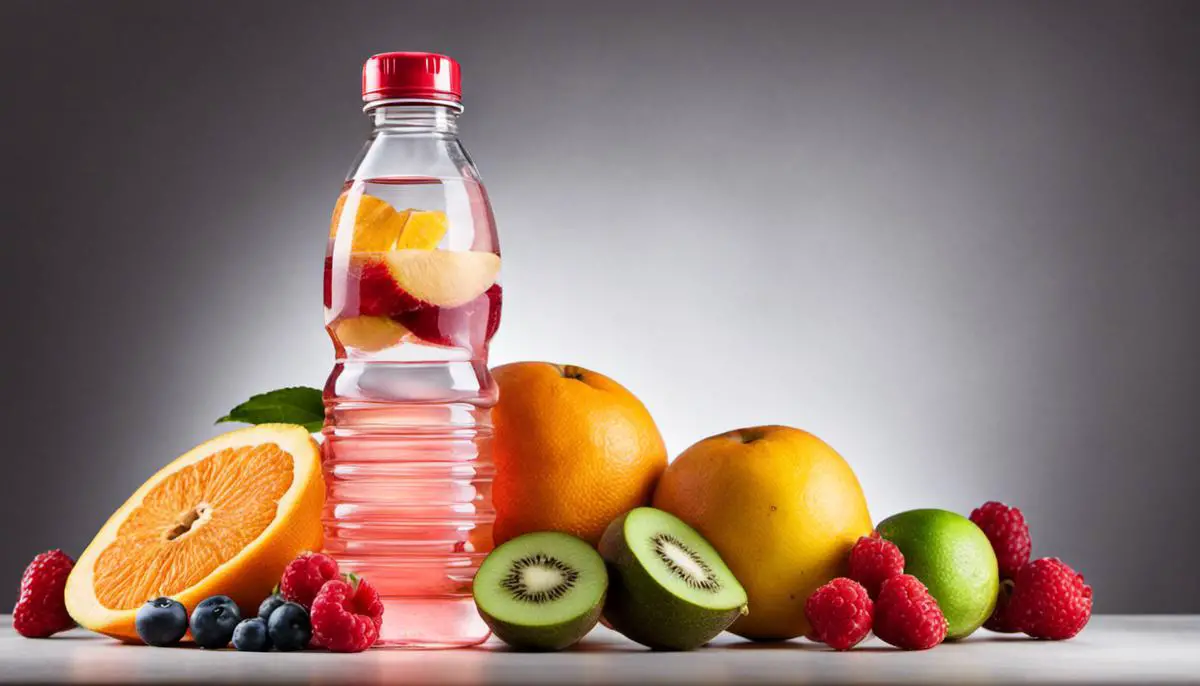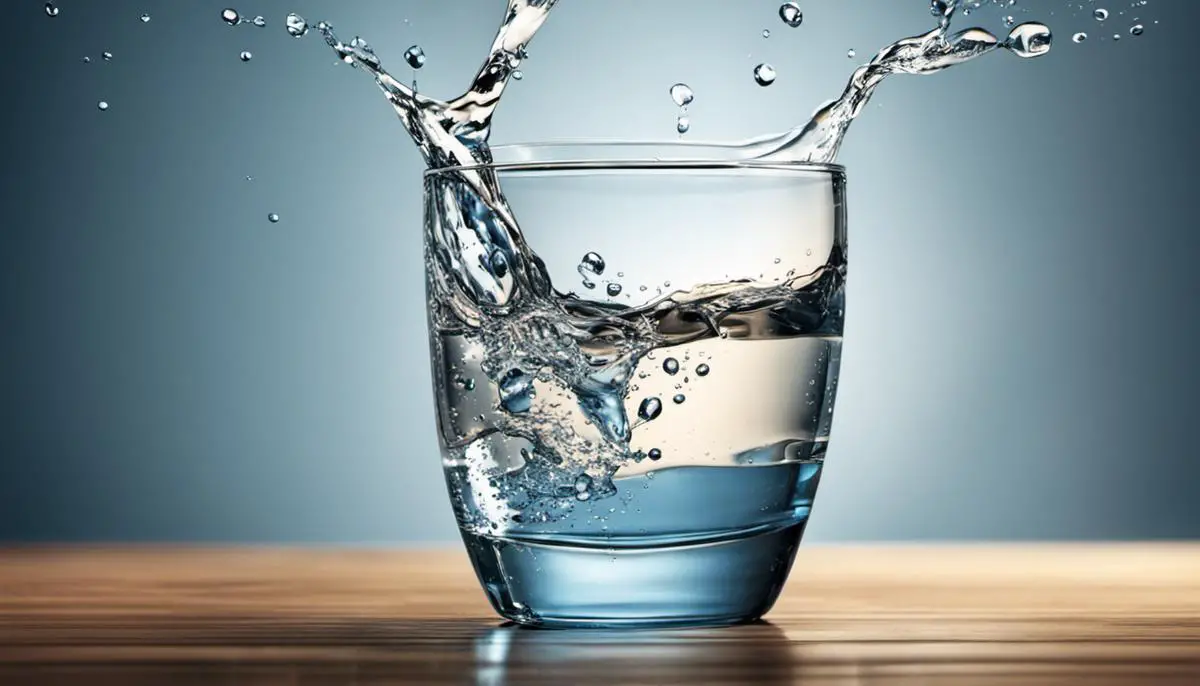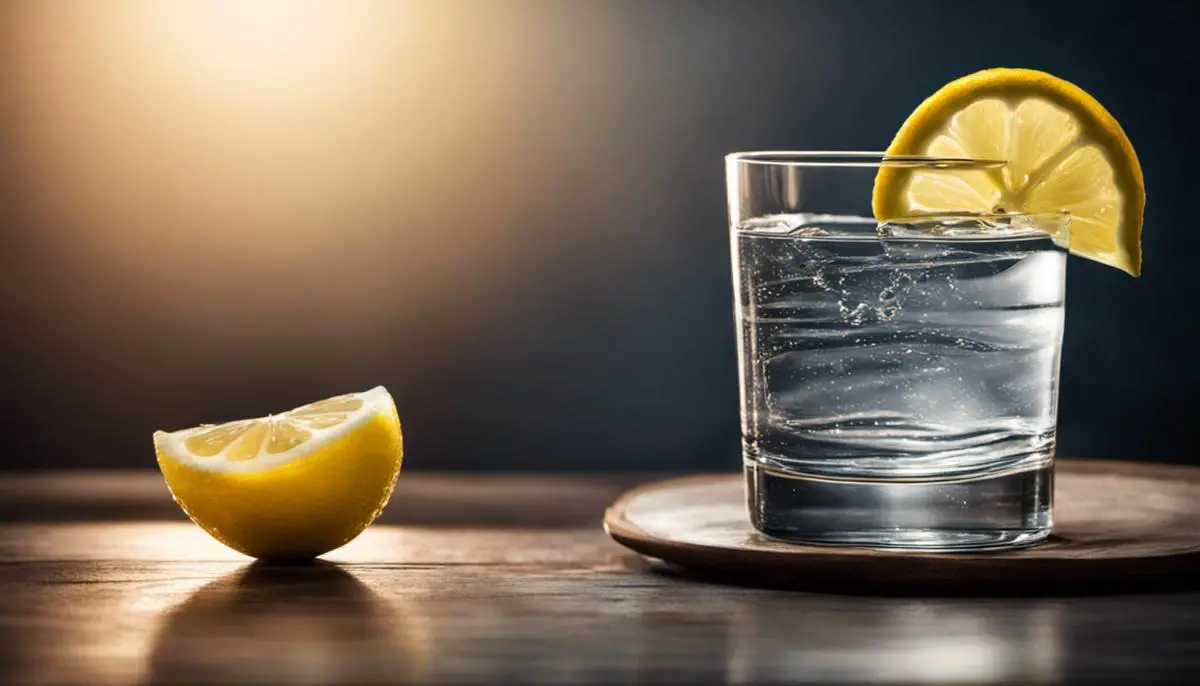The importance of staying hydrated can’t be overstated, and the debate over the best way to do so always seems to circle back to one simple substance—water. While other beverages like soda, energy drinks, alcohol, and coffee are consumed regularly, how do they really compare to water when it comes to our health and hydration? In a world filled with sugar-sweetened drinks and caffeinated solutions, understanding the impact of our beverage choices is vital to promoting optimal health. This exploration will delve into the pivotal role water plays in our body’s functions, the health benefits and potential risks of popular beverages, and how they stack up against water.
Understanding Hydration and its Impact on Health
Understanding Hydration and its Impact on Health
Hydration plays a fundamental role in maintaining overall health. Every cell, tissue, and organ in the body requires water to function properly. Water is integral to maintaining body temperature, protecting internal organs, aiding digestion, and ensuring the efficient transportation of nutrients and disposal of waste.
Dehydration, or lack of adequate water in the body, can have severe consequences. It can affect mental function, lead to physical fatigue, impede the body’s recovery capabilities, and in extreme cases, be fatal. Some common signs of dehydration include dry mouth, feelings of thirst, dizziness, lack of concentration, and reduced urine output.
Many people often mistake feeling thirsty for feeling hungry, leading to overeating or consumption of unnecessary calories. A good strategy to remain hydrated and also control unnecessary food intake is by sipping water throughout the day.
Water versus Other Beverages: Which is Healthier?
While the body can get fluids from various sources, not all beverages offer the same hydrating benefits. For instance, beverages like coffee and tea, while primarily composed of water, can also act as diuretics, meaning they can potentially cause more fluid loss through increased urination.
Soda and other sugary beverages might provide temporary satiety but usually contain high amounts of sugars and empty calories, leading to long-term health consequences such as obesity, diabetes, heart disease, and even deteriorating oral health.
Sports drinks often have electrolytes and glucose to cater to those engaged in intense physical activity. However, the high sugar content in these beverages may not be necessary for less intense activities.
Alcohol is another beverage that can lead to dehydration. While it can seem quenching on consumption, it causes the body to lose more fluid through increased urination as it suppresses the hormone vasopressin, which normally helps the body conserve water.
On the contrary, water has zero calories, no sugar, and does not affect tooth enamel. It is crucial to almost every biological process in the body and aids in the flushing out of toxins.
Tips for Staying Hydrated
Incorporating water into your routine can be a conscious and simple process. Here are a few tips to help improve hydration:
- Carry a water bottle: Having a water bottle in plain sight can be a constant reminder to drink more water.
- Eat water-rich foods: Foods like watermelon, cucumbers, and citrus fruits have high water content and can supplement the hydration needs of the body.
- Replace other beverages with water: Try to switch out sodas, sugary drinks, and alcohol with water when possible.
Setting the Scene
Our case study revolves around John Doe, a typical office worker. John found himself frequently plagued by fatigue and digestive issues, particularly during the afternoon. After seeking medical advice, it was discovered the root of his problems laid in his insufficient water intake. Determined to improve his health, John began consciously drinking more water throughout his day. Within a matter of weeks, he remarked notable improvements in his energy levels, digestion, and overall wellness.

Health Benefits and Risks of Popular Beverages
The Impact of Soda on Health
Now let’s compare John’s water intake to a common alternative — soda. Primarily consisting of carbonated water, sugar, and artificial flavorings, soda offers virtually no nutritional benefits while delivering a high number of calories, usually sourced from sugars such as fructose corn syrup or other sweeteners. The consumption of soda can lead to immediate health issues including weight gain, dental problems, and raised blood sugar levels. Over the long-term, habitual consumption may put people at risk of more serious conditions, including obesity, type 2 diabetes, heart disease, and liver issues. Choosing water over soda, like our friend John, can significantly mitigate the probability of developing such ailments.
Health Benefits and Risks of Energy Drinks
Energy drinks contain high amounts of caffeine, sugar, and other stimulants like guarana and taurine. They may also include vitamins and herbs. While they provide temporary alertness and improved concentration, the excessive sugar and caffeine can cause a quick boost in energy levels followed by a significant crash. Overuse of energy drinks can lead to insomnia, nervousness, restlessness, stomach irritation, nausea, and heart palpitations. In the long run, constant consumption of energy drinks can lead to addiction, heart problems, and mental health issues. Water is a healthier choice to stay hydrated without harmful side effects.
Health Benefits and Risks of Alcohol
Alcohol is a central nervous system depressant that includes ingredients usually fermented or distilled. Although moderate alcohol consumption can have some health benefits, like potentially reducing the risk of heart disease, too much alcohol can have detrimental effects. Short-term effects of alcohol include altered judgment, coordination issues, and blurry vision. In the long-term, excessive alcohol use can cause liver disease, digestive problems, heart problems, diabetes complications, sexual function and menstruation issues, eye problems, weakened immune system, and increased risk of cancer. Drinking water in between alcoholic beverages can moderate alcohol consumption and help avoid dehydration.
Health Benefits and Risks of Coffee
Coffee is made from roasted coffee beans and is rich in antioxidants and beneficial nutrients. Moderate amounts of coffee can help improve physical performance, burn fat, and lower the risk of stroke. The short-term impact of coffee is primarily stimulation due to caffeine, which can enhance mood, energy, and cognitive function. However, excessive coffee drinking can lead to various side effects like insomnia, digestive problems, muscle tremors, and nervousness. In the long term, it may cause addiction, and withdrawal symptoms can be severe. Despite these risks, when consumed responsibly, coffee has substantial health benefits, but it should not replace water as the primary source of hydration.
Understanding the Unmatched Importance of Water
Water, the fundamental source of hydration, underpins every auxiliary process in the human body. It enables digestion, regulates body temperature, and ensures the seamless absorption of nutrients throughout the body. Comparatively, while other popular beverages might bring their unique flair, none can claim a role as vital for our health and wellness as water. Thus, water undoubtedly reigns as the ideal drink in the quest for overall health.

Water Vs Other Beverages: A Comparative Analysis
Experiencing the Benefits of Water: The Ultimate Hydration Source
Delving deeper into this invaluable necessity, water plays multiple roles in our bodies’ biological functions. It aids digestion, absorption, circulation, and even in the creation of saliva. Water exemplifies the perfect vehicle for nutrient transportation and plays a pivotal role in maintaining body temperature. Furthermore, it helps eliminate the body’s waste products and serves an irreplaceable role as a lubricant in various physiological systems.
Being devoid of calories, water goes unrivalled as the beverage of choice for those seeking to control their caloric intake. Crucially, staying well-hydrated is essential for our brains to function optimally and accomplish cognitive tasks with proficiency.
Comparison with Sugary Drinks
When comparing water with sugary beverages like sodas or fruit juices, the significant difference is the sugar content. Sugary drinks are high in calories and are a leading contributor to obesity and related health problems, including diabetes and tooth decay. They also lack the necessary vitamins and minerals needed for a balanced diet, unlike water that nourishes the body without the added sugars.
Comparison with Energy and Sports Drinks
Energy drinks contain high levels of caffeine and sugars. They may not be as hydrating as a simple glass of water and can lead to adverse health impacts like palpitations, sleep problems, dehydration, kidney damage, and addictive behaviors. Similarly, sports drinks are designed to replenish fluids quickly, and they’re primarily beneficial during long-duration, high-intensity exercise. However, they contain sugars and calories that are unnecessary for everyday hydration needs.
Comparison with Coffee and Tea
Both coffee and tea have possible health benefits but also potential health risks, primarily if consumed in excess. These beverages contain caffeine, which can lead to sleep disruption if consumed later in the day. Some types of tea and coffee are also high in sugars, especially if additives like honey, cream, or sugar are included. By contrast, water provides hydration without any potential downsides or added sugars.
Comparison with Alcohol
Alcohol is dehydrating and can lead to short-term impairments and long-term health issues, including addiction, liver disease, heart problems, and an increased risk of various cancers. It also holds no nutritional benefits.
In summary, water is the most healthful drink because it provides vital hydration without calories or sugar, and it does not have the health risks associated with some other beverages. While other drinks can be enjoyed occasionally and in moderation, regular consumption of water should be prioritized for overall health and well-being.

Through exploring the nature of hydration and the impact of our beverage choices, it becomes clear that water stands as the superior option. Other popular drinks, despite offering momentary pleasure or temporary energy boosts, have a myriad of potential health risks – particularly when consumed in excess. Yet, water, nature’s original refreshment, continually supports our health in all its complexities—from regular bodily functions to disease prevention. With an understanding of this essential comparison, we can make informed decisions about what we put into our bodies. Because ultimately, choosing water isn’t just about quenching our thirst – it’s about investing in our long-term health and well-being.
